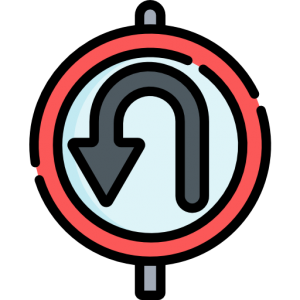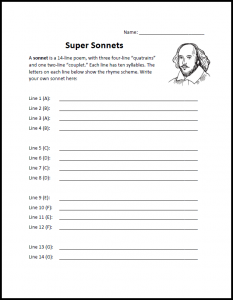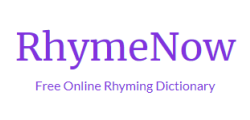What Is a Poetry Slam?
A poetry slam is similar to an open-mic poetry party, with a key difference: Poetry slams are competitive events in which poets perform their work in front of an audience and judges. Poetry slams are known for their lively, energetic atmosphere and often feature poets performing original works.
During a poetry slam, poets take the stage one at a time to perform their work. They are often given a time limit, usually three to five minutes, to perform their poem. After each poet performs, the judges score their performance based on criteria such as originality, creativity, delivery, and overall impact.
At the end of the event, the scores are totaled and the poet with the highest score is declared the winner. Poetry slams are often held at schools, community centers, and other public venues and can be a fun and engaging way for young poets to share their work and for audiences to discover new and exciting voices.
How to Host a Poetry Slam
A poetry slam is a great way for students in an elementary school to express themselves creatively and build confidence in public speaking. This is especially true if students are sharing funny poems or poems with engaging narratives. There is almost nothing better than the applause of your peers for overcoming a fear of public speaking and becoming a more confident presenter.
If you would like to host a poetry slam at your school, here are some steps you can follow:
- Choose a theme: Decide on a theme for the poetry slam. This could be something broad like “self-expression” or something more specific like “nature.” The theme will give the students a focus for their poems and help them come up with ideas.
- Recruit judges: Find a group of teachers, parents, or other community members who are willing to serve as judges for the poetry slam. Choose judges who are open-minded and willing to listen to a variety of styles and viewpoints.
- Encourage participation: Let students know about the poetry slam and encourage them to participate. You can do this through announcements, flyers, or by setting up a sign-up sheet.
- Maybe start a poetry club: Consider starting a poetry club for interested students, where you can hold workshops or after-school sessions to help students write and polish their poems. These workshops can be led by teachers, students, or even local poets.
- Set rules: Establish some basic rules for the poetry slam. For example, students should be encouraged to write their own poems and to avoid using profanity or other inappropriate language.
- Prepare: Encourage students to select and rehearse their poems before the event. This will help them feel more comfortable and confident when it’s time to perform. Below, I have included several tips on how to help students prepare.
- Host the event: On the day of the poetry slam, set up a stage or designated area where the students can perform. Have the judges sit at a table in front of the stage, and provide a microphone and sound system for the students.
- Judge the performances: Have the judges score each performance based on criteria such as originality, creativity, delivery, and overall impact. The student with the highest score wins the poetry slam. You can also have a grand prize winner as well as second and third-prize winners.
- Celebrate the winners: After the poetry slam, celebrate the winners and all of the participants. You can do this with a small ceremony, perhaps with a ribbon, medal, or certificate, and possibly by displaying the winning poems around the school.
How to Prepare
In addition to planning for the poetry slam itself, students will need to prepare for the event too. There are several ways that students can practice and prepare to participate in a poetry slam:
- Write, write, write: Encourage students to write as many poems as they can. The more they write, the more comfortable they’ll become with the writing process and the more likely they are to come up with a poem they’re proud to perform. They can find lots of poetry writing lessons here.
- Look for inspiration: Encourage students to find inspiration for their poems from their own experiences, observations, and emotions. They can also be inspired by the poetry of others or by current events and issues. One of the easiest things to write about is something you really like or enjoy. For example, if your favorite thing is playing hockey, consider writing a poem about hockey. If you’d rather play Pokémon, try writing about that.
- Workshops: Consider holding workshops or after-school sessions to help students write and polish their poems. These workshops can be led by teachers, students, or local poets and can be a great way for students to get feedback on their work and to learn new writing techniques.
- Practice reading aloud: Encourage students to rehearse performing their poems aloud to get a feel for the rhythm and flow of their words. This will help them deliver their poem with confidence and clarity. For ideas on how to rehearse, have a look at this article I wrote on How to Recite a Poem Like an Expert.
Hosting a poetry slam can be a fun and rewarding experience for both the students and the school community. By following these steps, you can create a successful and memorable event.



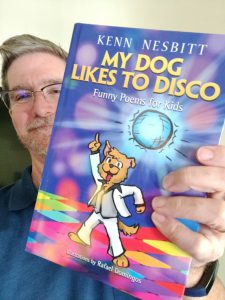
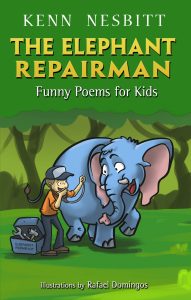
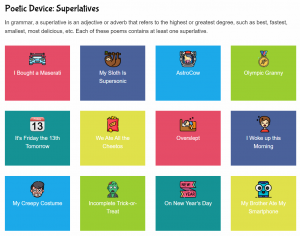





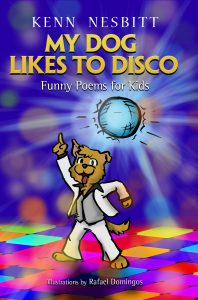
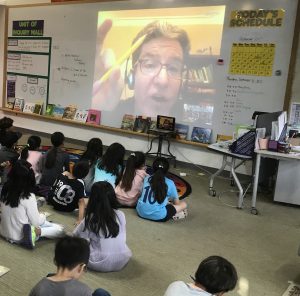 For several years now I have been doing live, interactive webinars in conjunction with
For several years now I have been doing live, interactive webinars in conjunction with 